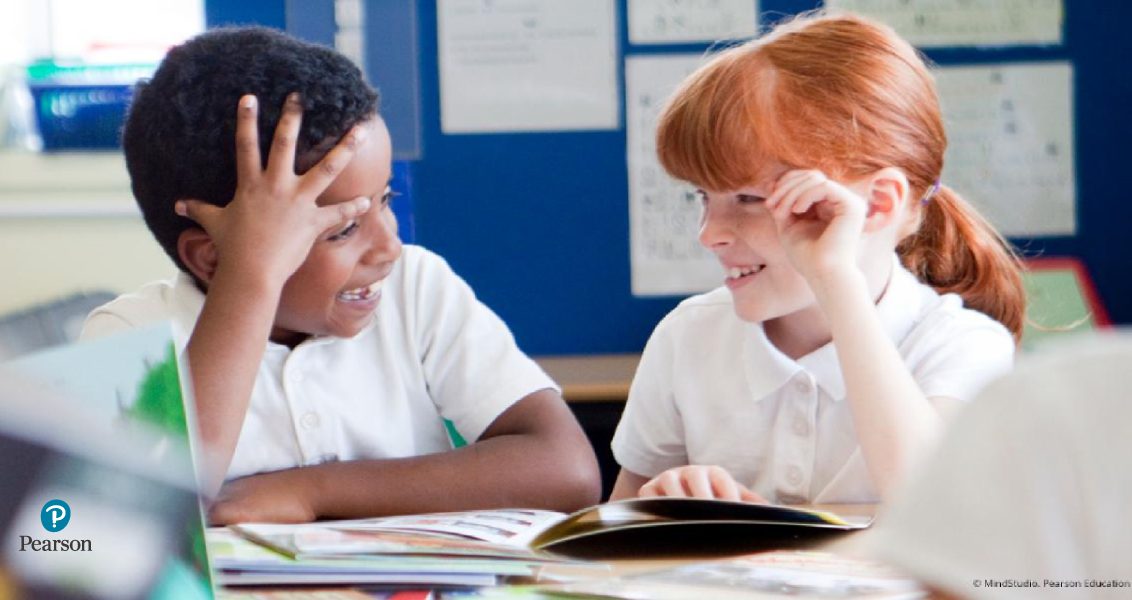
Give a class ‘one’ book to write through and you’ve taught them for a day.
Teach them how to use ‘any’ book and you’ve taught them for a lifetime.
Walk into any primary school playground on World Book Day and you’ll see an amazing array of costumes, reflecting the huge variety of children’s reading choices.
We have entitled our article after the saying ‘you give a man a fish and he’ll eat for a day – teach a man to fish and he will eat for a lifetime.’ That is what we have tried to achieve through our own approach to the idea of traditional ‘Book Planning’ or ‘Novel Study’. Ever since reading The Reader In The Writer, we have always advocated for children using books of their choice to inform their writing. There is no greater joy than showing children that through literature we can take and find connections from our own lives – either real or imagined. This is exactly what our favourite writers do – so why not teach children to do it too?
Perhaps, what we as teachers shouldn’t do is do this important work on behalf of our pupils. To feel those kind of relationships with books means to be deeply and personally involved in a text you have struck a connection with. This is different from being required to get involved in a text that your teacher has chosen.This year, we have taught all the children in our class how a writer will use the books they’ve read to generate an original idea. This has included teaching them how real authors use their favourite texts to influence their own short-stories, poetry, ‘faction’ and non-fiction pieces. We haven’t asked them to use a single book on which they must hang their writing.We taught them to consider the following when reading:
- Ask: does this book remind me of anything from my life?
- Ask: does this book remind me of anything else I’ve seen or read?Ask: what do I have in common with this book?
- Ask: why did I pick up this book?
- Collect: plot ideas, characters, favourite lines, settings and put them in their personal writing project books.
- Say: Cor, I would love to nick that…
- Say: I could have a go at writing something like that…
Because writing is a social act, we model how to do it as a class with the ultimate aim being that children begin to do it on their own – with their own texts.
We believe this approach is enabling. It takes children off what Donald Graves articulates perfectly as ‘writers’ welfare.’ Create a class of producers instead of consumers (or at best imitators) and writing outcomes and attitudes will improve dramatically. Let children be participants in class writing projects as opposed to recipients. We are fortunate in being able to see the research and theory come together in practice and succeed.
No one should be in any doubt that it’s important to show children how other accomplished authors do what they do.
It’s also important that children have time to enjoy, appreciate, discuss, understand and try imitating aspects of the books they are reading. And most importantly – we need to show children how they can do this for themselves.
Discover a new, dynamic and evidence-based writing approach
Power English: Writing is a new, dynamic and evidence-based writing approach which is genre-focused and encourages children to write for pleasure.
This piece was featured on the Pearson Primary Blog on March 12 2019 and originally appeared on the Literacy For Pleasure blog. which is written by the series creators of Power English: Writing, Ross Young and Phil Ferguson.
About the authors
Phil Ferguson and Ross Young are national and writing representatives for the UKLA (United Kingdom Literacy Association). They are both committed writer-teachers: teachers who write and writers who teach.

